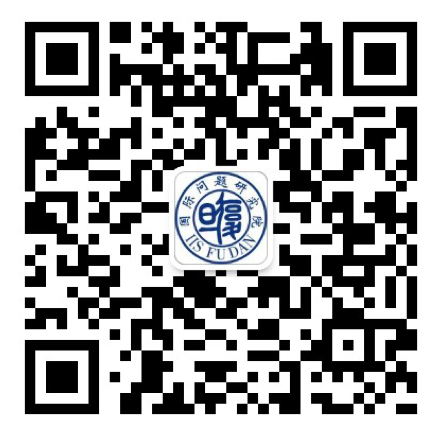(来源:《中国日报》(China Daily),2023年1月30日)
Relations: Washington's policy toward China two-sided, experts say
On Jan 21, Chinese New Year's eve, Foreign Minister Qin Gang appeared on big screens during the NBA game in Washington, DC, between the Washington Wizards and the Orlando Magic to deliver a message.
The Washington Wizards, formerly known as the Washington Bullets, visited China shortly after the Sino-US diplomatic relationship was established in 1979, and was the first NBA team to visit the country.
In his video message, Qin said that in December, as the then Chinese ambassador to the United States, he spent a wonderful evening watching a fabulous game played by the team. I wish the Chinese and the American people a prosperous Year of the Rabbit and a bright future, he said.
Steve Orlins, president of the National Committee on US-China Relations, told Forbes magazine that Qin using an NBA game to extend his Chinese New Year greetings to the people of the US is an imaginative way to remind Americans that we share many things with China, including love of the NBA.
Seeking more common ground between China and the US, managing differences, rejecting economic decoupling and avoiding clashes in the Western Pacific region are among the top tasks of the two countries' diplomats in the new year, officials and leading policy researchers said.
Following President Xi Jinping's face-to-face meeting with US President Joe Biden in November, Vice-Premier Liu He met with US Treasury Secretary Janet Yellen in Zurich, Switzerland, before Chinese New Year, and Beijing called the talks constructive.
According to the General Administration of Customs, in the first 11 months of 2022, China-US trade volume reached 4.62 trillion yuan ($681 billion), up 4.8 percent year-on-year.
Washington has publicly voiced hope on the plan for US Secretary of State Antony Blinken to visit China in the near future.
The two countries are in communication on the specifics of the visit, and Beijing hopes that the US will perceive China correctly, pursue dialogue and win-win cooperation, not confrontation and zero-sum competition, and work with China in the same direction, Foreign Ministry spokesman Wang Wenbin said on Jan 17.
Wu Xinbo, dean of the Institute of International Studies at Fudan University, said the US should not continue practicing coercion against China while seeking dialogue with Beijing. The Biden administration sought to define the rules and the conditions of its competition with China, but China refused to follow the US lead or fall into the US trap, leading to Washington's frustration, he said.
Wu added that the Biden administration has formulated a clear road map of its two-sided economic and trade policy toward China: It seeks decoupling in some areas while continuing to utilize the Chinese market in other domains.
Huang Ping, China's consul general in New York, proposed three R's — respect, recovery and responsibility — as his wishes at a Chinese New Year reception with business leaders this month.
China and the US, in the spirit of mutual respect, should see each other as partners and opportunities, achieve new heights in their cooperation, shoulder their responsibilities to shore up multilateralism and an open economy while addressing global challenges, Huang said.
At the same event, former US secretary of state Henry Kissinger said that each nation needs to understand the other more fully.
While working together, we can achieve great things; not just for our countries, but also for humanity, he added.
Analysts said that Washington's two-sided approach to China has damaged its ties with Beijing and will trigger greater concerns among the rest of the world if it persists in its provocations, such as allowing US lawmakers to visit Taiwan.
Washington's military cooperation with the Taiwan region is, in essence, a part of the US policy of containing China, Talat Masood, a retired Pakistani Army lieutenant general and a former federal secretary, said in an article published in The Express Tribune newspaper on Wednesday.
Michael D. Swaine, a senior research fellow of the East Asia Program at the Quincy Institute for Responsible Statecraft in Washington, recently wrote that Washington should place clear limits on its interactions with Taiwan to emphasize that they are unofficial and do not involve contacts between senior officials.
Su Xiaohui, an associate research fellow at the China Institute of International Studies, said Washington has displayed its urgent need to step up strategic communication with China by highlighting its hopes about Blinken's China visit.
In fact, the US cannot steer away from directly talking to China if it really wants to install 'guardrails' for their relations and deal with its own economic headaches, such as soaring inflation, she said.
Washington is still unwilling to risk crossing the line drawn by Beijing, but it cannot resist the temptation to work on some provocations, so it remains to be seen how it will work to manage differences and avoid crises, she added.






